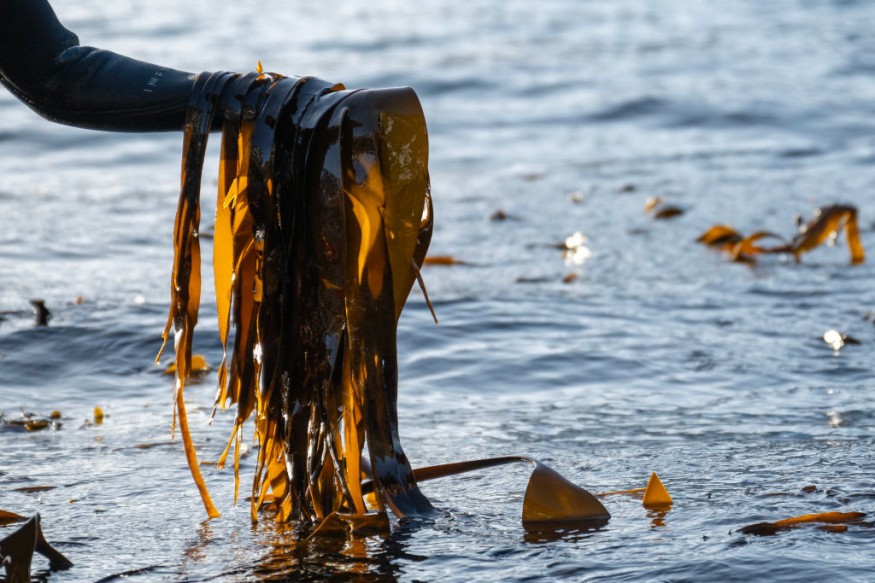
Sargassum season threatens public health and the economy in the Caribbean islands in 2023 as large blooms begin inundating the shorelines during the spring and summer months.
Impact Of Growing Sargassum
The vast majority of this species of seaweed is still floating in the central Atlantic Ocean, where it does not cause significant difficulties.
The problems arise when seaweed washes ashore, rots, and releases hydrogen sulfide. It smells like rotten eggs and can make breathing difficult for those with sensitivity.
On April 2023, an air-quality monitoring agency advised vulnerable individuals to abandon certain regions in Guadeloupe due to hazardous amounts of sargassum gas.
Six weeks later, some 600 miles to the northwest, it clogged an intake pipe at an electrical plant in Punta Catalina, Dominican Republic. Elías Poling, a 20-year-old diver, drowned while attempting to repair a temporarily shut-down unit at the facility.
In Jamaica, during the months of July and August, fishermen struggled through another season as drifting sargassum clogged their small boats and reduced their catch.
These people were among the hundreds harmed by sargassum blooms in the Caribbean last year alone, where the World Bank estimates that 70% of the 44 million people live near the coast.
In January, blobs of seaweed in the Atlantic Ocean swelled to a total of 5.5 million tons, shattering the previous record set in December.
"Even though this increase is less robust than the change from November to December, the current Sargassum abundance remains quite high for the month of January - only surpassed by the quantities in January 2018 and January 2023," the researchers said.
Experts estimates that the Caribbean Community (Caricom), which consists of 15 member states and five associate members that are territories or colonies, suffered economic losses of over $102 million as a result of sargassum in 2022 alone.
Lack Of Political Power
Scientists have blamed the seaweed's dramatic growth on global pollution, climate change, and other worldwide issues that Caribbean countries contributed little to and lack the political capacity to address.
"Seaweed must be seen as an impact of global warming, with the opening up of the right to compensation on the grounds that we are small, vulnerable islands," said Sylvie Gustave-dit-Duflo, the vice-president of the Guadeloupe region in charge of environmental issues and president of the French Biodiversity Office
Gustave-dit-Duflo and other specialists believe the global problem necessitates a global answer. However, the Caribbean has yet to organize a regional approach, and the international community has largely ignored the situation.
National-level solutions, which in most Caribbean nations include a draft management strategy that has yet to be legally accepted or sufficiently funded, have done nothing to fill the gaps.
Most sargassum influxes are anticipated, and the worst consequences are frequently avoidable. However, Caribbean governments have repeatedly delayed responding until the problem has escalated. Even then, solutions have frequently centered on defending the tourism industry, leaving other groups, such as local communities or fishermen, behind.
As a result, citizens' health, livelihoods, and natural environment have been jeopardized, and hundreds of millions of dollars have been spent on reactionary emergency solutions that experts believe could have been better spent on prevention, planning, and mitigation.
Related Article : Sargassum Seaweed in Florida Becomes Asset as Company Makes Fertilizers, Vegan Leather
© 2025 NatureWorldNews.com All rights reserved. Do not reproduce without permission.





